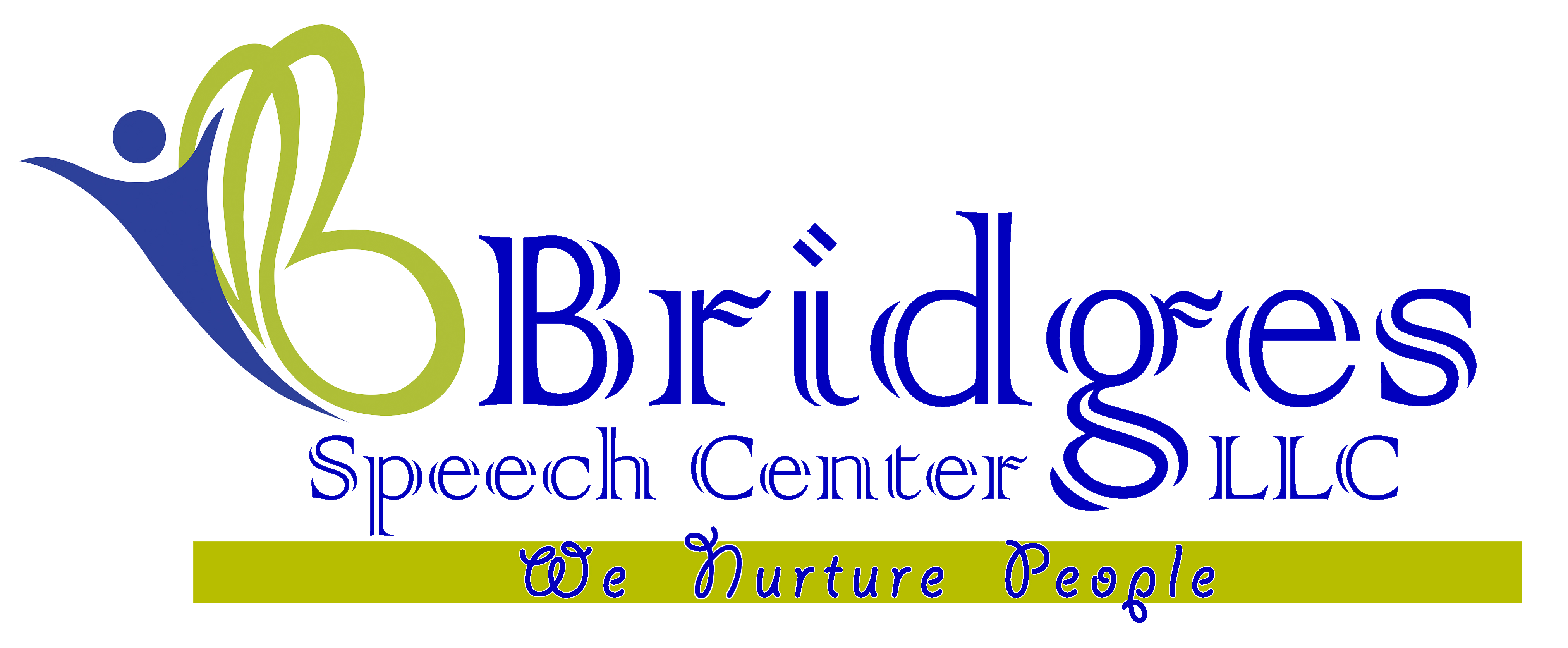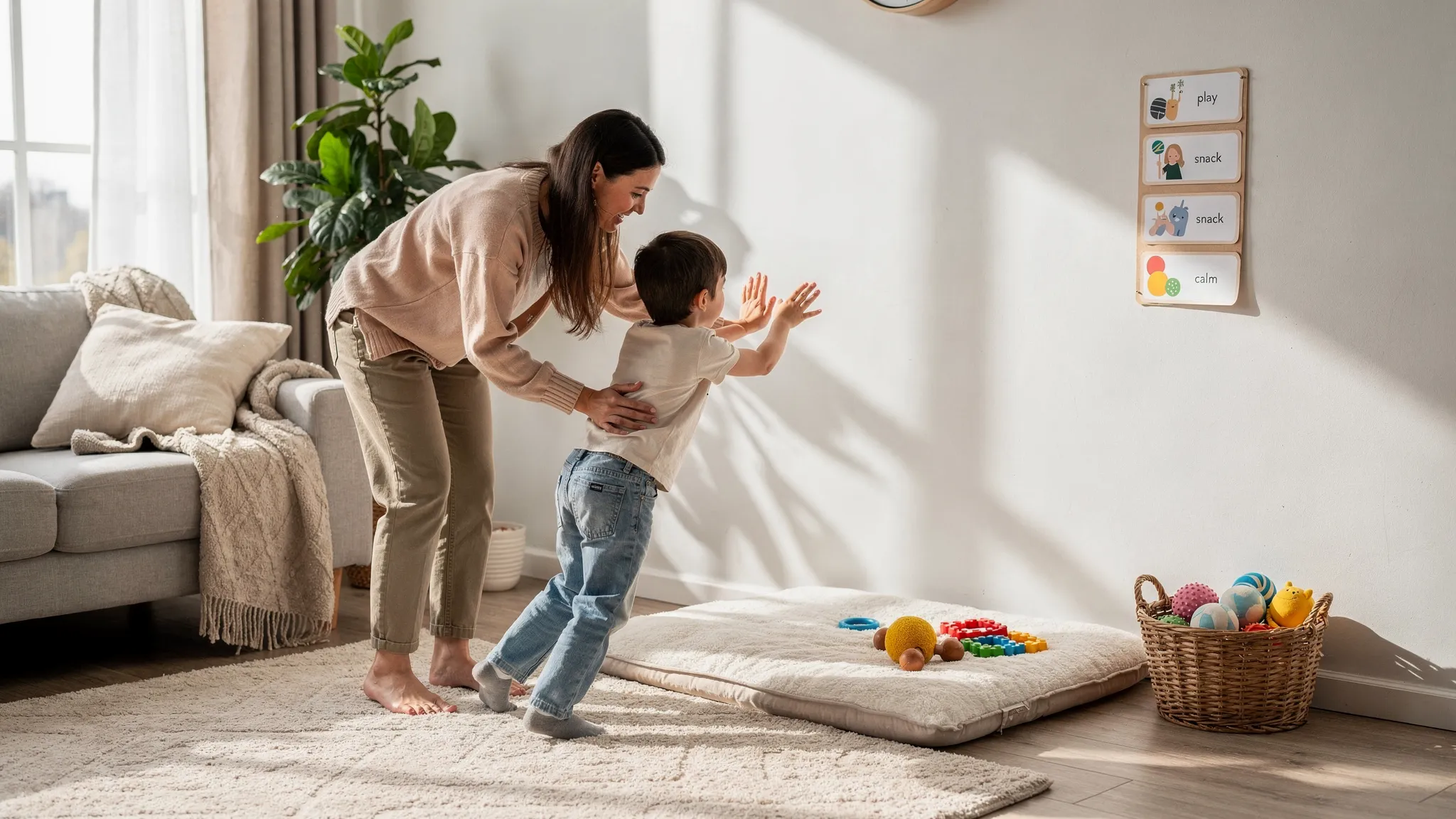- About Us
- Our Services
- Speech Therapy
- Speech and Language Therapies for Adults in Dubai
- Speech and Language Therapies for Children in Dubai
- Accent therapy
- Augmentative Alternative Communication (AAC) Therapy
- Articulation Speech Therapy
- Auditory Processing therapy/ Auditory verbal therapy
- Language Intervention: Speech Delay therapy
- Oral Motor Therapy
- Play Based therapy
- PROMPT/DTTC/RePT for Childhood Apraxia of Speech
- Social communication/Pragmatic language therapy
- Stuttering / Stammering therapy Program
- Spellography Program for Dyslexia
- Voice Therapy
- Home Care Services
- Feeding Therapy
- Physiotherapy
- Pediatric and Geriatric Physiotherapy
- Fall Prevention Programs for the Elderly
- Developmental Delay Treatment for Children
- Cerebral Palsy Management for Children
- Pediatric Orthopedic Conditions
- Osteoporosis Management for the Elderly
- Sports Injuries in Children
- Mobility and Balance Training for Elderly
- Joint Pain Treatment (Knee, Shoulder, Hip)
- Age-Specific Exercise Programs
- Coordination and Balance Exercises
- Orthopedic Physiotherapy
- Neurological Physiotherapy
- Sports Physiotherapy
- Cardiopulmonary Physiotherapy
- Women’s Health Physiotherapy
- Manual Therapy
- Therapeutic Exercise
- Pain Management
- Electrotherapy
- Ergonomic Consultation
- Tele-Physiotherapy Services
- Pediatric and Geriatric Physiotherapy
- Occupational Therapy
- Sensory Integration
- Clinical Psychology & Psychotherapy
- Cognitive Behavioral Therapy(CBT)
- ABA /Behavior Therapy
- Bridge Learning Program
- Group therapy
- Summer/Winter Program
- Telehealth Services
- Training Program/CEU
- Internship/ Observership
- Speech Therapy
- Super Team
- Collaboration
- Training Course
- News/Blogs
- About Us
- Our Services
- Speech Therapy
- Speech and Language Therapies for Adults in Dubai
- Speech and Language Therapies for Children in Dubai
- Accent therapy
- Augmentative Alternative Communication (AAC) Therapy
- Articulation Speech Therapy
- Auditory Processing therapy/ Auditory verbal therapy
- Language Intervention: Speech Delay therapy
- Oral Motor Therapy
- Play Based therapy
- PROMPT/DTTC/RePT for Childhood Apraxia of Speech
- Social communication/Pragmatic language therapy
- Stuttering / Stammering therapy Program
- Spellography Program for Dyslexia
- Voice Therapy
- Home Care Services
- Feeding Therapy
- Physiotherapy
- Pediatric and Geriatric Physiotherapy
- Fall Prevention Programs for the Elderly
- Developmental Delay Treatment for Children
- Cerebral Palsy Management for Children
- Pediatric Orthopedic Conditions
- Osteoporosis Management for the Elderly
- Sports Injuries in Children
- Mobility and Balance Training for Elderly
- Joint Pain Treatment (Knee, Shoulder, Hip)
- Age-Specific Exercise Programs
- Coordination and Balance Exercises
- Orthopedic Physiotherapy
- Neurological Physiotherapy
- Sports Physiotherapy
- Cardiopulmonary Physiotherapy
- Women’s Health Physiotherapy
- Manual Therapy
- Therapeutic Exercise
- Pain Management
- Electrotherapy
- Ergonomic Consultation
- Tele-Physiotherapy Services
- Pediatric and Geriatric Physiotherapy
- Occupational Therapy
- Sensory Integration
- Clinical Psychology & Psychotherapy
- Cognitive Behavioral Therapy(CBT)
- ABA /Behavior Therapy
- Bridge Learning Program
- Group therapy
- Summer/Winter Program
- Telehealth Services
- Training Program/CEU
- Internship/ Observership
- Speech Therapy
- Super Team
- Collaboration
- Training Course
- News/Blogs
Table of Contents
TogglePlay Based Therapy Treatment in Dubai
- Home
- Our Services
- Play Based therapy
Play Therapy in Dubai
Play-based therapy offers a wide range of valuable benefits for children, leveraging their natural inclination to play as a means of facilitating growth, development, and healing. Here’s an overview of the benefits of play-based therapy:
Engagement and Motivation
Play taps into children’s innate curiosity and imagination, drawing them into therapy sessions with excitement and eagerness. When children are engaged and motivated, they are more likely to actively participate in activities and exercises designed to promote their development.
Communication Enhancement
In the playful environment of therapy, children feel less pressure and inhibition, allowing them to freely express themselves. Whether through words, gestures, or creative play scenarios, children develop their communication skills and become more confident in conveying their thoughts and feelings.
Social Interaction Skills
Play provides a natural setting for children to interact with their peers and therapists, learning valuable social skills along the way. By engaging in cooperative play, sharing toys, and negotiating roles in imaginative play scenarios, children learn the fundamentals of social interaction and teamwork.
Emotional Expression
Through play, children can explore and process complex emotions in a safe and supportive environment. Whether they’re role-playing different scenarios, expressing themselves through art, or engaging in sensory activities, play therapy allows children to make sense of their feelings and experiences in a constructive way.
Motor Skills Development
Play-based activities are inherently physical, encouraging children to move, explore, and manipulate objects. From building blocks to outdoor play equipment, children develop both fine and gross motor skills as they engage in various play experiences, laying the foundation for physical competence and coordination.
Cognitive Stimulation
Play stimulates children’s cognitive abilities by presenting them with challenges, puzzles, and opportunities for exploration. Whether they’re solving problems in a pretend kitchen, building structures with blocks, or engaging in sensory play, children exercise their brains and develop essential cognitive skills such as memory, attention, and problem-solving.
Behavioral Management
Play therapy offers a constructive outlet for addressing challenging behaviors and teaching children coping strategies. By guiding children through play scenarios that mirror real-life situations, therapists can help them develop alternative ways of responding to stress, frustration, or anxiety.
Sensory Integration
For children with sensory sensitivities or processing difficulties, play therapy provides a structured yet flexible environment for sensory exploration and regulation. Through sensory-based activities like sand play, water play, or tactile experiences, children learn to modulate their responses to sensory stimuli and develop greater self-awareness.
Language and Speech Skills
Play-based therapy naturally facilitates language development by immersing children in rich, interactive environments where communication is essential. Whether they’re engaged in pretend play, storytelling, or interactive games, children are exposed to a diverse range of vocabulary, syntax, and language structures that support their linguistic growth.
Cultural and Social Learning
Play therapy offers opportunities for children to explore different cultures, traditions, and social norms through play. By incorporating diverse materials, props, and scenarios into therapy sessions, children gain a broader understanding of the world around them and learn to appreciate diversity and inclusivity.
Parent Involvement
Parents play a crucial role in play therapy, both as active participants in therapy sessions and as partners in their child’s ongoing development. By observing and engaging in play activities alongside their child, parents gain valuable insights into their child’s strengths, challenges, and progress, empowering them to support their child’s growth at home.
Individualized Approach
Each child is unique, with their own interests, preferences, and developmental needs. Play-based therapy embraces this individuality by tailoring interventions to suit each child’s specific strengths and challenges. Therapists adapt play activities, materials, and goals to meet the unique needs of each child, ensuring a personalized and effective intervention.
Positive Associations
Play therapy creates positive associations with therapy sessions, transforming what might otherwise be perceived as “work” into enjoyable and rewarding experiences. As children experience success, mastery, and meaningful connections through play, they develop a sense of trust, comfort, and confidence in the therapeutic process.
Confidence and Self-Esteem
Success and achievement in play therapy bolster children’s confidence and self-esteem, laying the groundwork for future growth and resilience. Whether they’re mastering a new skill, solving a problem, or expressing themselves creatively, children gain a sense of pride and accomplishment that carries over into other areas of their lives.
Generalization of Skills
The skills children learn and practice in play therapy often generalize to other contexts, enriching their interactions and experiences beyond the therapy room. Whether it’s using language skills in school, applying problem-solving strategies at home, or navigating social situations with peers, children transfer the skills they’ve acquired through play therapy to various aspects of their daily lives.
In summary, play-based therapy offers a holistic approach to supporting children’s growth, development, and well-being in Dubai. By harnessing the power of play, therapists create dynamic and engaging experiences that foster meaningful connections, promote skill development, and empower children to thrive.
Make Appointment
Testimonials
What Parents Say
Send us an email if you wish to talk to any of them. For more reviews, please go to Google reviews.

My experience with bridges speech centre has been great. My child is attending OT in the center and we are happy and proud with the progress Mrs. Richa has made. The therapists are very supportive and knowledgable in selecting techniques to suit with our child's requirements . Their monthly review and evaluation is remarkable. I highly recommend bridges speech centre to anyone looking for an affordable and professional therapy for their child....

We were asked to consult a speech therapist for my son. As parents we were quite skeptical about this whole process. However, once my son started attending Dr Rupali’s sessions we noticed a drastic improvement in his speech. He used to speak only a few words but within the 1st four sessions he started speaking up-to 5 words sentences. I also learnt to manage my child’s emotions better with Dr Rupali’s guidance. She is very cooperative and patiently answer all questions.

We took our 21 month old daughter to Bridges speech center following her cleft palate surgery as she needed Speech therapy. Ms.Rupali was recommended to us by both our Pediatrician and ENT specialist. The staff at Bridges are qualified, warm and friendly. My daughter loved to attend the speech therapy sessions. Through various techniques and simulations provided during these sessions, I can see considerable improvement in my daughter's speech. Lastly I would say, no child is same, as parents we need to be patient and trust the process.

Rupali was excellent. In just couple of sessions she helped my child overcome difficulty in pronouncing ch and sh sound. Thanks very much.Highly recommend for children who will need assistance in speech therapy.
Blog & Article
Our Latest Blog & Articles
What Is the Difference Between Occupational Therapy and Physical Therapy?
If you are searching what is the difference between occupational therapy and physical...
Sensory Integration Therapy at Home for Children with Sensory Challenges
When a child gets overwhelmed by everyday sounds, refuses certain clothes because they...



